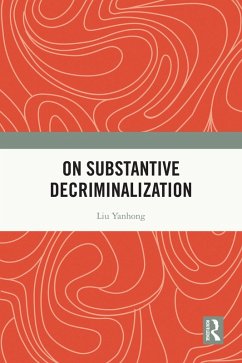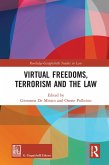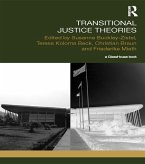In response to this pressing phenomenon, the author critically examines the prevailing tendency in the circle of criminal theory in China, which emphasizes criminalization over decriminalization and harm outcomes over behavioral process. The book attempts to think outside the box of procedural law, an approach that has yielded fruitful results but is limited in understanding decriminalization. Instead, it emphasizes the principle of substantive law, grounded in the modesty and restraint of criminal law and the protection of human rights. From the perspective of criminal class theory and criminal policy, the book proposes the theoretical framework of substantive decriminalization, which provides insight into the whole picture of the decriminalization mechanism of China's civil law and also has great practical relevance to China's criminal justice.
The title will be an important reference for scholars, students and legal professionals interested in the issue of decriminalization, legal theory and Chinese criminal law.
Dieser Download kann aus rechtlichen Gründen nur mit Rechnungsadresse in A, B, BG, CY, CZ, D, DK, EW, E, FIN, F, GR, HR, H, IRL, I, LT, L, LR, M, NL, PL, P, R, S, SLO, SK ausgeliefert werden.









